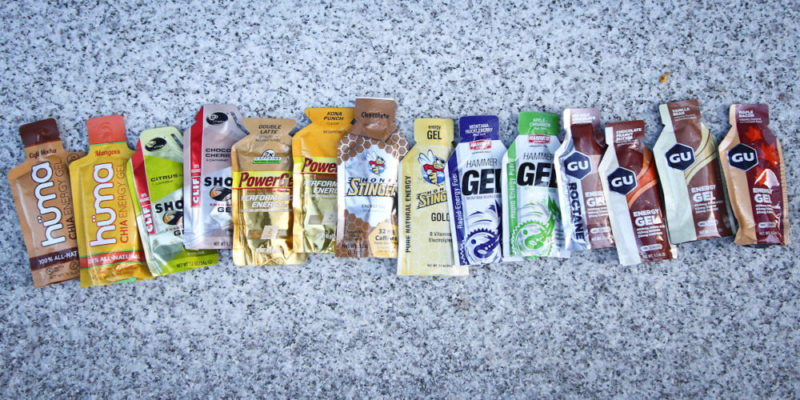Carb intake for running performance: what’s the best strategy?
The two key steps to take in training to determine your best race day fuelling plan

Carbohydrate is crucial to successful running, and the longer your race, the more important this becomes. But the method of consumption usually comes down to personal preference. The present-day sports nutrition market gives runners more options than ever, so for a runner starting out, how do you decide what to fuel with for your first long-distance race?
While trial and error is always the best way to figure out what works best for you, here are two considerations as you work out your long run and race0-day carb-fuelling strategy.

Use training as your time to experiment
When it comes to carb consumption and running, the number-one consideration should be what works best for your body. Runner’s stomach is a very real problem, affecting around 60 per cent of all runners.
Many runners opt for real food like fruit, or gels and chews in long runs and races. Others struggle with anything but liquids. You won’t know what type of carb consumption works for you until you try a range of strategies over time.

Here are some great tips for starting out with gels. If you’re sensitive to ingredient-packed options, brands like UCAN and Maurten offer some of the simplest and most GI-friendly options.
But not every runner can tolerate gels, and that means getting in your carb requirements in the form of liquid consumption. If standard sports drinks don’t give you enough, brands like Skratch Labs offer super-high-carb drink mixes that give you plenty of carbs in a digestible formula.
Navigating different brands and ingredients is important. Use the weeks leading into your race to figure out what your stomach can tolerate, and which products you enjoy.
Gut training
If you’re a runner who struggles with GI distress, you may benefit from gut training. Once we establish what products work for us, the next step is training ourselves to take in the maximum amount of carbs needed to perform at our best.
View this post on Instagram
While individual needs vary, typical sports science advice suggests runners need anywhere from 30 to 90 grams of carbs per hour of exercise. If this is too much, start where you’re comfortable and slowly add in more carbs each long run until you get to where you need to be. Just as you train your body to run farther each time you add distance to your long run, a gradual approach with fuel is the key to success on race day.


